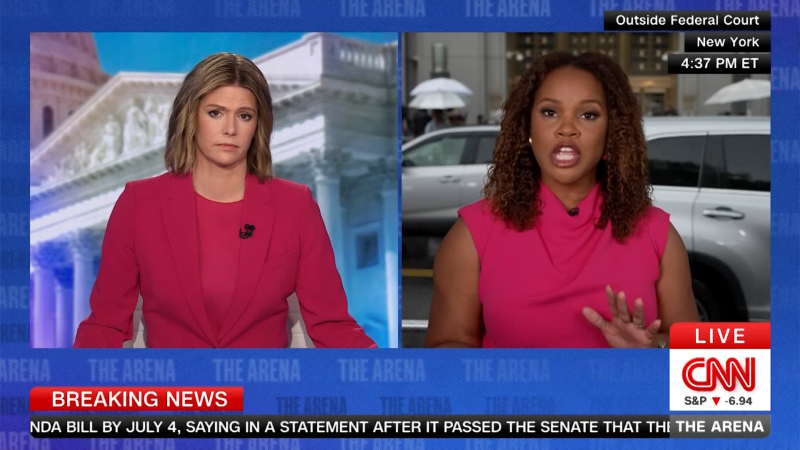
In a significant development in the federal criminal trial of Sean ‘Diddy’ Combs, jurors have reached a verdict on four out of the five charges against the music mogul. However, they remain deadlocked on the first count, which involves allegations of racketeering conspiracy. The presiding judge has instructed the jury to continue deliberations, with proceedings set to resume on Wednesday morning.
The trial has captured widespread attention due to Combs’ high-profile status in the music industry and the serious nature of the charges. The inability to reach a verdict on the racketeering conspiracy charge underscores the complexities involved in the case, which has been unfolding over several weeks in a federal courtroom.
The Charges and the Trial
The charges against Combs stem from a broader investigation into alleged criminal activities linked to his business operations. The counts include allegations of money laundering, fraud, and obstruction of justice, among others. The racketeering conspiracy charge, which remains unresolved, is particularly significant as it suggests a coordinated effort to engage in illegal activities.
Legal experts have noted the challenge in proving racketeering conspiracy, which requires demonstrating a pattern of criminal behavior and an agreement among parties to commit such acts. The jury’s difficulty in reaching a consensus on this count highlights the burden of proof required in such cases.
Expert Opinions and Analysis
According to legal analyst Laura Coates, who has been following the trial closely, the jury’s partial verdict is not uncommon in complex cases involving multiple charges. “Racketeering conspiracy is notoriously difficult to prove,” Coates explained. “It involves piecing together a narrative that shows not just individual acts, but a concerted effort to engage in criminal enterprise.”
“Racketeering conspiracy is notoriously difficult to prove. It involves piecing together a narrative that shows not just individual acts, but a concerted effort to engage in criminal enterprise.” – Laura Coates, Legal Analyst
Coates added that the jury’s decision to continue deliberations indicates a commitment to thoroughly examining the evidence presented. “The fact that they’ve reached a verdict on the other counts suggests that they are taking their responsibilities seriously and are working diligently to reach a fair conclusion,” she said.
Historical Context and Comparisons
Racketeering charges have a storied history in the American legal system, often associated with organized crime and corruption cases. The Racketeer Influenced and Corrupt Organizations (RICO) Act, under which Combs is charged, was originally enacted in 1970 to combat the Mafia and other organized crime syndicates. Over the years, it has been applied to a range of cases, from corporate fraud to political corruption.
Past high-profile cases involving RICO charges have seen mixed outcomes. For instance, the prosecution of several Wall Street executives in the 1980s under RICO resulted in significant convictions, while other cases have seen charges dropped or reduced due to the complexities involved in proving the allegations.
Implications and What Lies Ahead
The outcome of Combs’ trial could have far-reaching implications, not only for his personal and professional life but also for the broader entertainment industry. A conviction on the unresolved racketeering charge could lead to severe penalties, including substantial fines and prison time.
Meanwhile, the partial verdict already reached on the other counts suggests potential legal and financial repercussions for Combs. As the jury prepares to continue its deliberations, the case remains a focal point of public and media interest, with many awaiting the final outcome.
The trial’s conclusion, whenever it occurs, will likely prompt discussions about the use of RICO charges in high-profile cases and their effectiveness in addressing alleged criminal activities within the entertainment sector.
As the jury reconvenes, all eyes will remain on the courtroom, awaiting the final verdict that could shape the future of one of the music industry’s most iconic figures.







